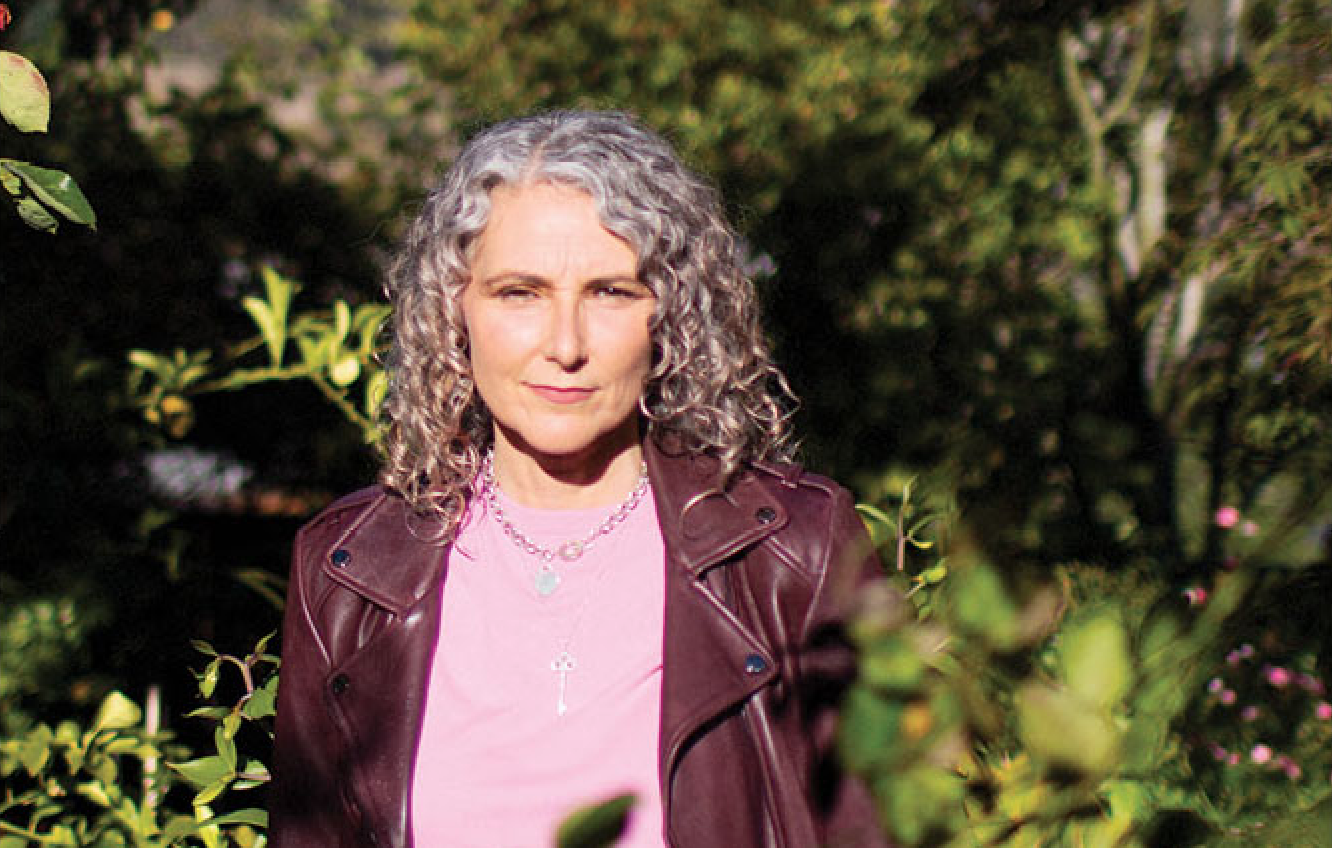
Healthcare access has been a growing concern among many Americans today, and it has certainly dominated political conversations in the lead up to the November 3 general election. In 2020, COVID-19 has meant an even greater focus on the issue of healthcare, as the intense pressure put on hospitals and healthcare workers, coupled with the prospect of numerous people not having access to care exposing how much needs to be changed within our current US system.
Innovation is key, which is precisely what healthcare platform UBERDOC is all about. UBERDOC is an innovative healthcare platform that connects patients with available board-certified doctors and specialists for in-person and telemedicine appointments at a transparent price. They provide direct access with no waiting, no insurance approvals or referrals needed and no surprise bills.
In early November, the platform announced the launch of UBERDOC Women (initially launched during Breast Cancer Awareness Month) which is a new specialized service to provide women with direct access to care at a transparent price.
With an estimated 41% of Americans delaying or avoiding care over recent months due to COVID-19 fears, fast and affordable care is now crucial. UBERDOC Women provides immediate access to physicians specializing in women’s health for a transparent price ($250, or $50 for Medicare patients), and without the need for insurance or a referral.
It should also be noted that this is a platform created by a doctor, Paula Muto, who understands the patient-provider relationship more than any legislator or insurance company ever will. We spoke to the founder about UBERDOC Women, and the importance of eliminating barriers to access for women’s health.

Can you tell us about your medical background and how your family have been involved in medicine?
I have been a general and vascular surgeon in private practice outside Boston for over 20 years. My father was a great thoracic surgeon, and when I finished training I joined him in his office in inner-city Lawrence, MA where I worked beside him until he passed away in 2008. My husband is also a general and vascular surgeon and works in our community, and my older brother is a cancer surgeon in Boston. I also have two uncles who were surgeons. You might say it runs in my blood!
When did UBERDOC launch and what was the mission behind it?
Back in 2016, I noticed it was increasingly difficult (and more expensive) for a patient to see a specialist. Patients were often taking multiple trips to the doctor or to receive testing for something a surgeon could have handled easily from the start. At about the same time, patients were responsible for the lion’s share of the cost, with high deductibles and premiums. I didn’t think it made sense or was fair. So I decided I could continue writing angry letters to the The Wall Street Journal, or try to fix it. I opted for the latter and created a platform to do the unexpected, increase the access, and decrease the price. However, I still write angry letters…
With the recent launch of UBERDOC Women you are aiming to give direct care access to female patients. In your experience, why do so many women end up delaying care?
As a female surgeon, I am also a rabid women’s health advocate. I have devoted a career to making sure women were treated equally and screening for all cancers — not just breast cancer. As a vascular surgeon, as well, I recognized how doctors routinely underestimate a woman’s risk for cardiovascular disease and stroke. I am also committed to a breast center model where women can be seen and imaged immediately without delays. There are so many obstacles to care, in general, but women’s health tends to take a backseat because it pays less than treating men’s health (an unfortunate fact), and there are many inherent biases in medicine that go back centuries. That being said, women are the ones who make all the healthcare decisions in a family, which means they put everyone else first.

There are so many healthcare disparities especially for low income women, and women of color disproportionately. How can a platform like UBERDOC help to fill the gap and reach communities where this is needed the most?
My brother is a great surgeon specializing in ovarian cancer. To see him you need to know someone, have the right insurance, have the right employer, or have a lot of money. Why shouldn’t anyone have access to the best?
UBERDOC democratizes access to care. I know how doctors think. They are actually motivated by the patient and by the treatment of disease — not by the money. If doctors are good at what they do, they will gain more patients and ultimately, more (financial) reward.
UBERDOC offers a single, fair price that is lower than insurance prices. There is little barrier for patients. Many doctors serve the working poor, and believe that these patients deserve the same choices as those with insurance. The more doctors who agree, the more to choose from. So far thousands are on board.
How does the pricing work on UBERDOC, and do you need to have existing insurance coverage to use it?
UBERDOC is a direct pay model. You pay $50 to make an appointment and another $200 when you are seen. It is all deducted immediately from your credit card or your Health Savings Account. If you are a Medicare patient, it costs only $50, because the doctor can bill Medicare directly without a referral. All subsequent care can be through insurance or you can continue with your UBERDOC account for other services including radiology, blood tests, or prescriptions, and UBERDOC guarantees a fair and transparent price.

Can you tell us about the doctors that patients have access to on UBERDOC?
We started with surgical specialists, like orthopedics or urologists, and rapidly expanded to include medical specialists and primary care doctors, pediatricians, internal medicine, and family practitioners. We also have psychiatrists and PhD psychologists. We only offer doctors — no mid-level providers — but we include podiatrists who are foot and ankle certified and doctors of optometry. All of our doctors have trained for years, are board-certified in their field, and are in active practice. That’s why we use the name “UBER” doc: we are above and beyond the average.
Due to COVID as well as so many healthcare deserts around the United States, how is telemedicine becoming an important part of the access landscape?
Over a year ago, the original creator of telemedicine reached out and told me UBERDOC was beautiful. Putting telehealth into the hands of an experienced doctor, the end-user, was his mission. At the time, as a surgeon, I didn’t immediately see the value, but agreed. Now all of our doctors can be available both in-person and via telemedicine. We just redefined what “access to the best” means. Best advice I ever took.
If someone is reading this and considering using UBERDOC, what are some of the questions you would encourage them to ask?
Using UBERDOC does NOT preclude you from using your insurance. We are meant to be a safety net; an alternative when you are either out of time, out of town, anxious about waiting, or seeking a second opinion. For some it may be more convenient than a walk-in, especially if you end up needing to see a specialist anyway, such as an eye doctor or orthopedic. For others, it may be an easy way to book that cardiology appointment for an elderly parent who needs a ride.
Any patient should always ask the simple question, “If I use my insurance, will I be paying less?” Unfortunately, nowadays it’s often more expensive. As more and more consumers understand the prices, and demand more transparency, they will realize there are several choices. Nothing is more personal than your health, and nothing should ever interfere with your right to choose — least of all an insurance plan.
Head over to UBERDOC to find the healthcare you need at an affordable price, with just a few clicks.


















One thought on “Innovative Healthcare Platform UBERDOC Helping More Women Access Care During The Pandemic”
Comments are closed.